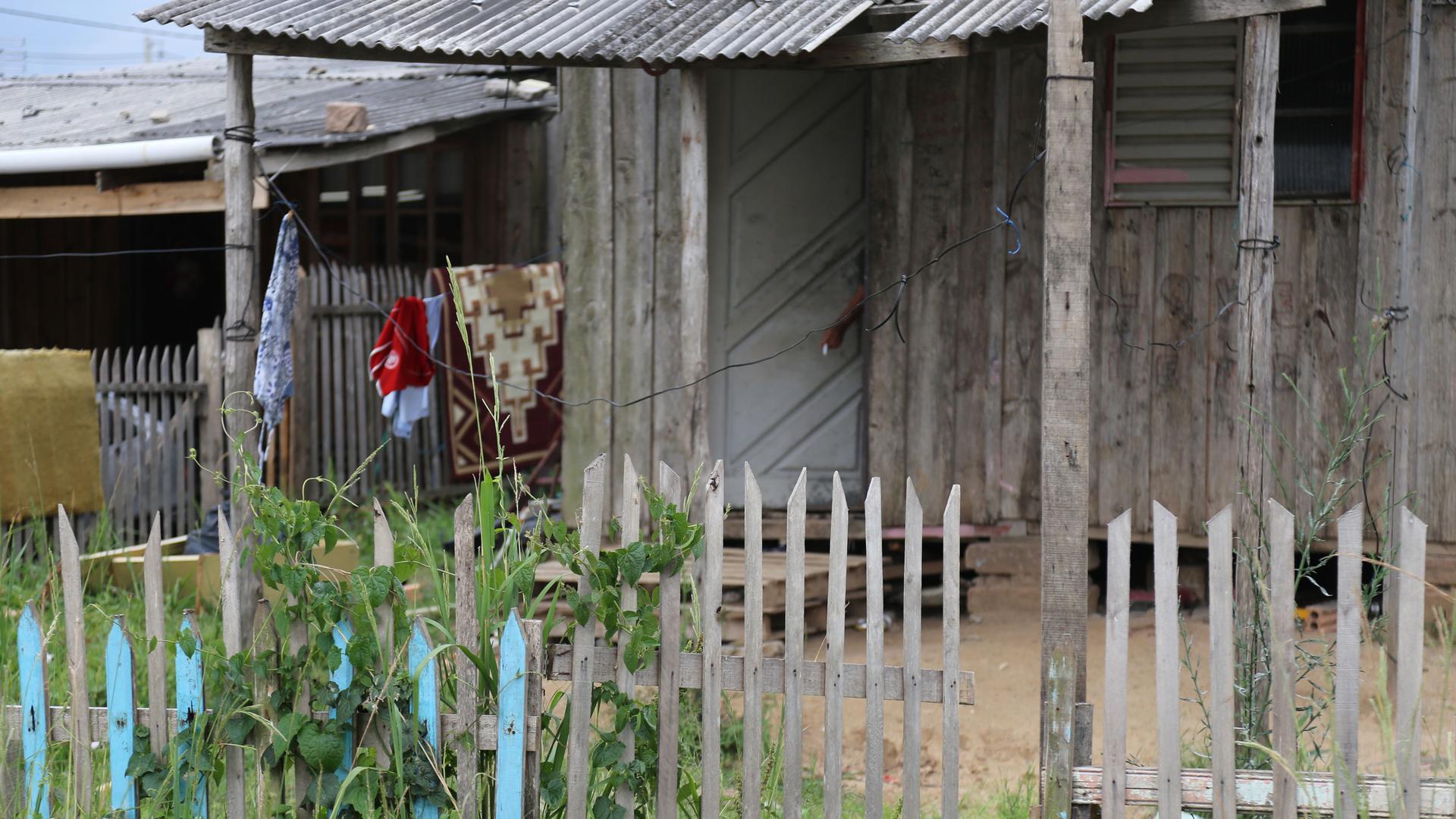‘Existing and resisting’: Black quilombo communities fight for land, rights in Brazil
In a viral video last week, men in yellow rain jackets and hard hats are seen lifting the metal roofing off a row of cinder block homes in Porto Alegre, the capital of Brazil’s southernmost state.
Onir Araujo, a top lawyer for Black Brazilian rights, is filming with his cell phone and speaks from off-camera.
“They have the backhoe ready to demolish people’s homes. This community’s land right is collective and this quilombo community has been here for a hundred years. It’s recognized by the Brazilian government,” he said. “The company has no court order for this demolition and they cannot do this.”
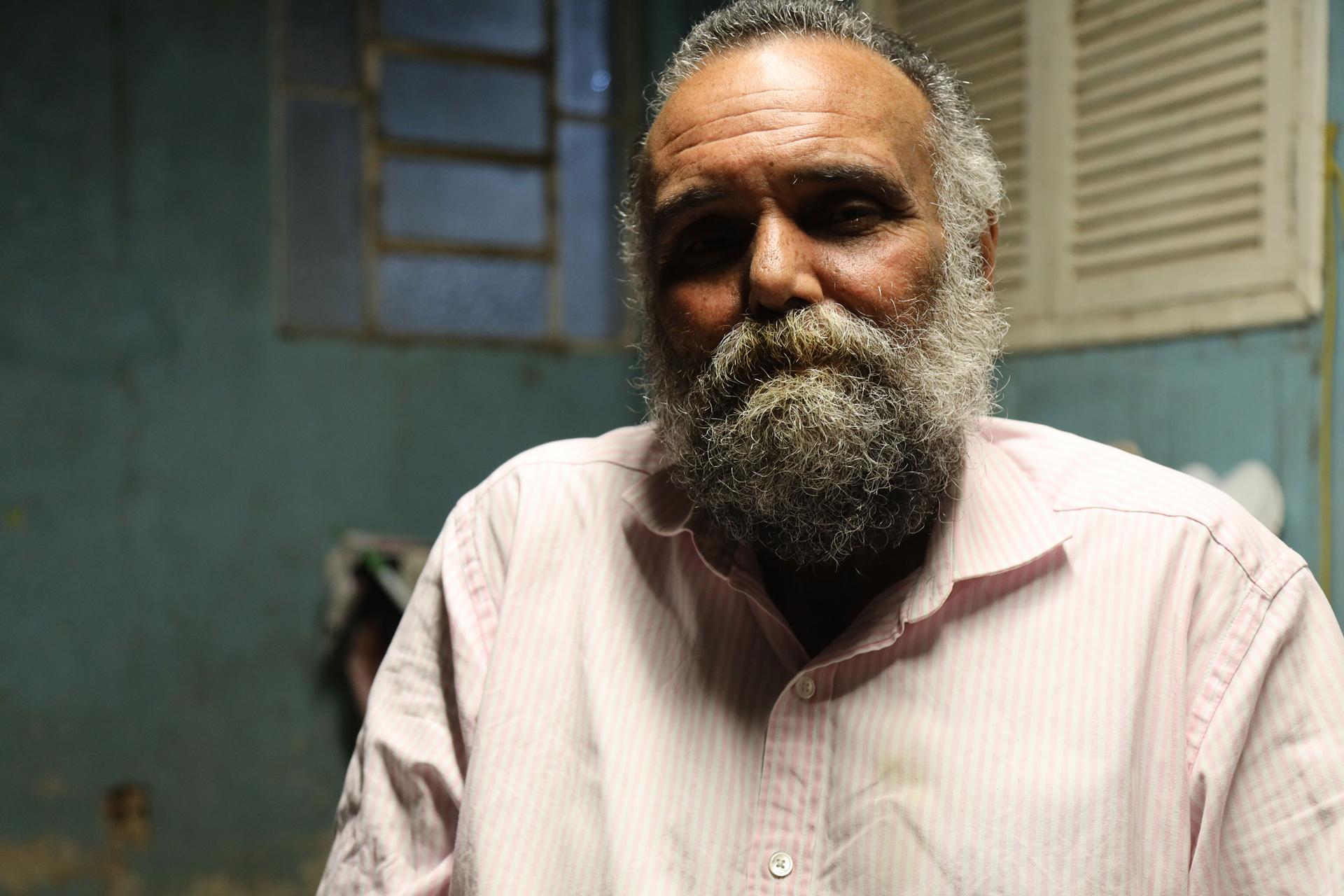
Quilombos are communities largely composed of the descendants of slaves. There are still thousands of quilombos across Brazil — and many remain under threat today.
In this video, Araujo is calling attention to quilombos homes torn down before state government officials stopped the demolition.
Araujo said the demolition was carried out by a team subcontracted by the Zaffari supermarket chain, which hopes to build a new store where the community now stands. This is prime real estate, bordering the city’s Country Club.
Most quilombos in Brazil are in the countryside. But Porto Alegre is the city with the highest number of urban quilombos, with 11 total. Almost all have been recognized by the Brazilian state, but only one has received the collective title to its land. That means they are all under threat.
So is Onir Araujo.He’s received death threats for his work defending the city’s quilombo communities.
“It’s a very serious situation,” he said. “The city of Porto Alegre is being redrawn. There is a ton of real estate pressure — all of it impacting our territories. And no one is consulting quilombo communities.
Quilombos are protected alongside Indigenous territories in Brazil’s 1988 Constitution. But the process for formal recognition by the state has been glacial. There are roughly 6,000 communities that self-identify as quilombos, but they are not all recognized. And only 200 or so have received the titles to their land. The Brazilian government, under president Luiz Inacio Lula da Silva, wantsto increase that figure to 300 by 2026, but it’s still a long way to go.
Quilombo dos Alpes, which overlooks Porto Alegre, have been waiting for more than two decades for their title. Roughly 120 families live here on 140 acres of land.
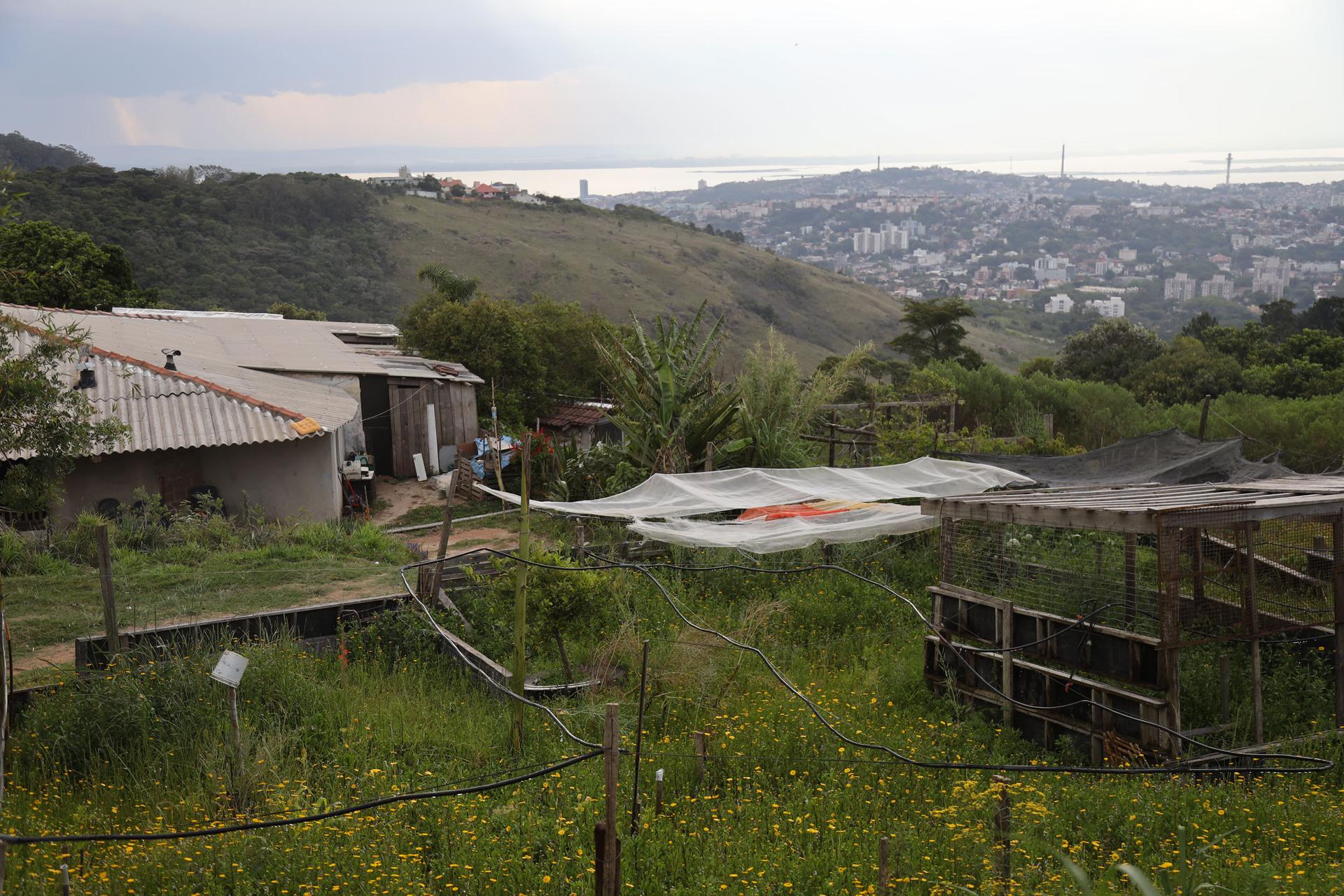
Leader Rosangela da Silva Ellias said she was born and raised here. She said her grandmother founded the community after escaping enslavement at the beginning of the 20th century.
Brazil was the last country in the Americas to abolish slavery — in 1888. But the institution stretched onin some pockets of the country for many more years.
Quilombo dos Alpes has faced constant threats. Two of da Silva’s brotherswere killed by people trying to steal their land in 2008. At the time, she was also shot and seriously wounded. Drug traffickers tried to force them off their land again, last year.
“We are resisting and existing,” da Silva said. “We’re not here for the commercial value of the land. This place is in our hearts. It’s our history. Our roots.”
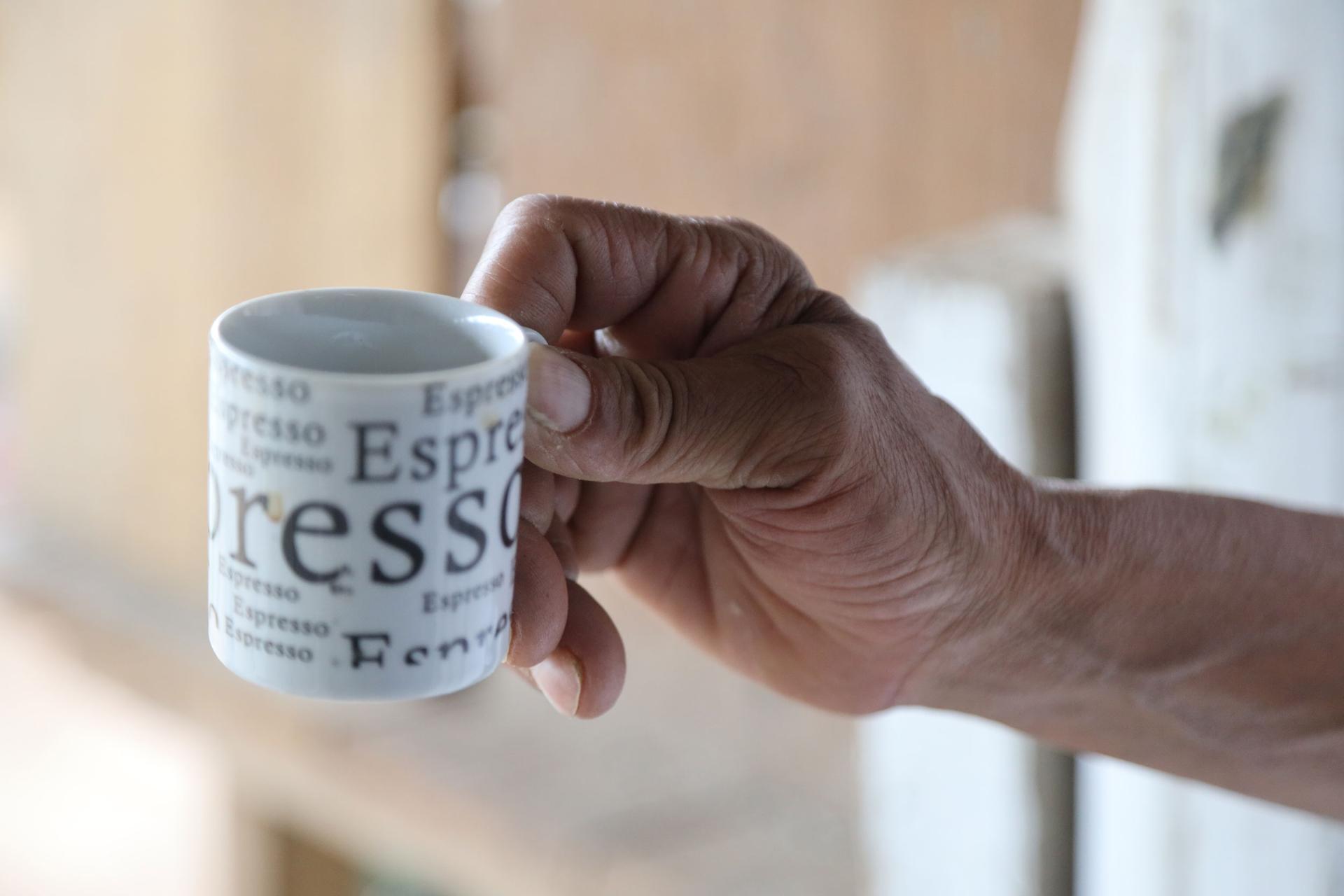
Their story is familiar for the residents of quilombos across town.
Across the street from the Beira Rio soccer stadium of Porto Alegre’s team Internacional is the Lemos Family Quilombo. It’s back from the highway, and squeezed in between encroaching new development and an assisted-living facility.
On an evening last year, children played in between the homes and the trees, as a light rain fell. They say they’ve been here for three generations. But only 25 people live here today. That’s because, in 2018, shock troops arrived to expel them from their homes.
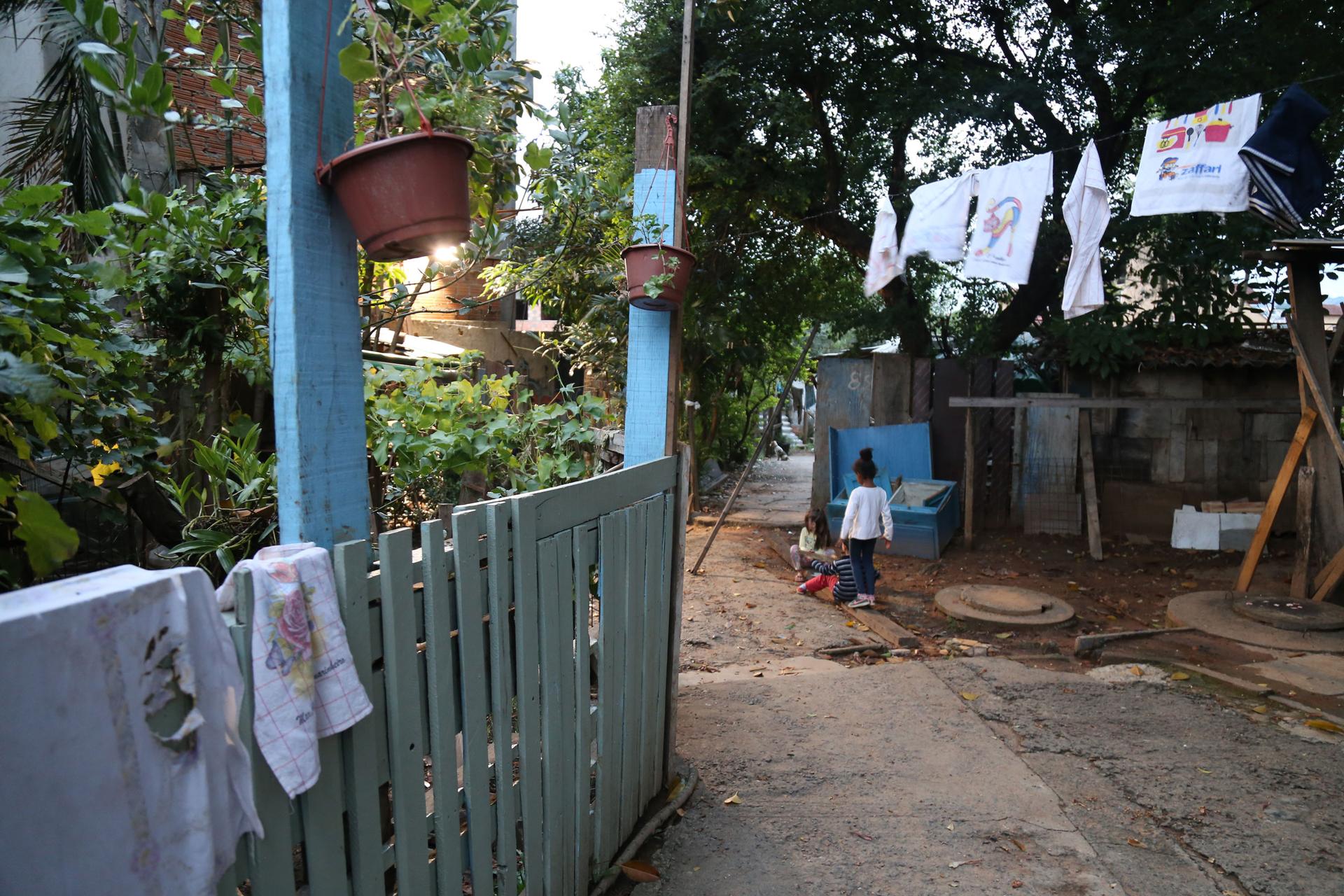
“Twenty to 30 police. Backhoe. I thought they were going to knock down the door,” community leader Sandro Lemos said. “It was terrifying. It was traumatic for everyone.”
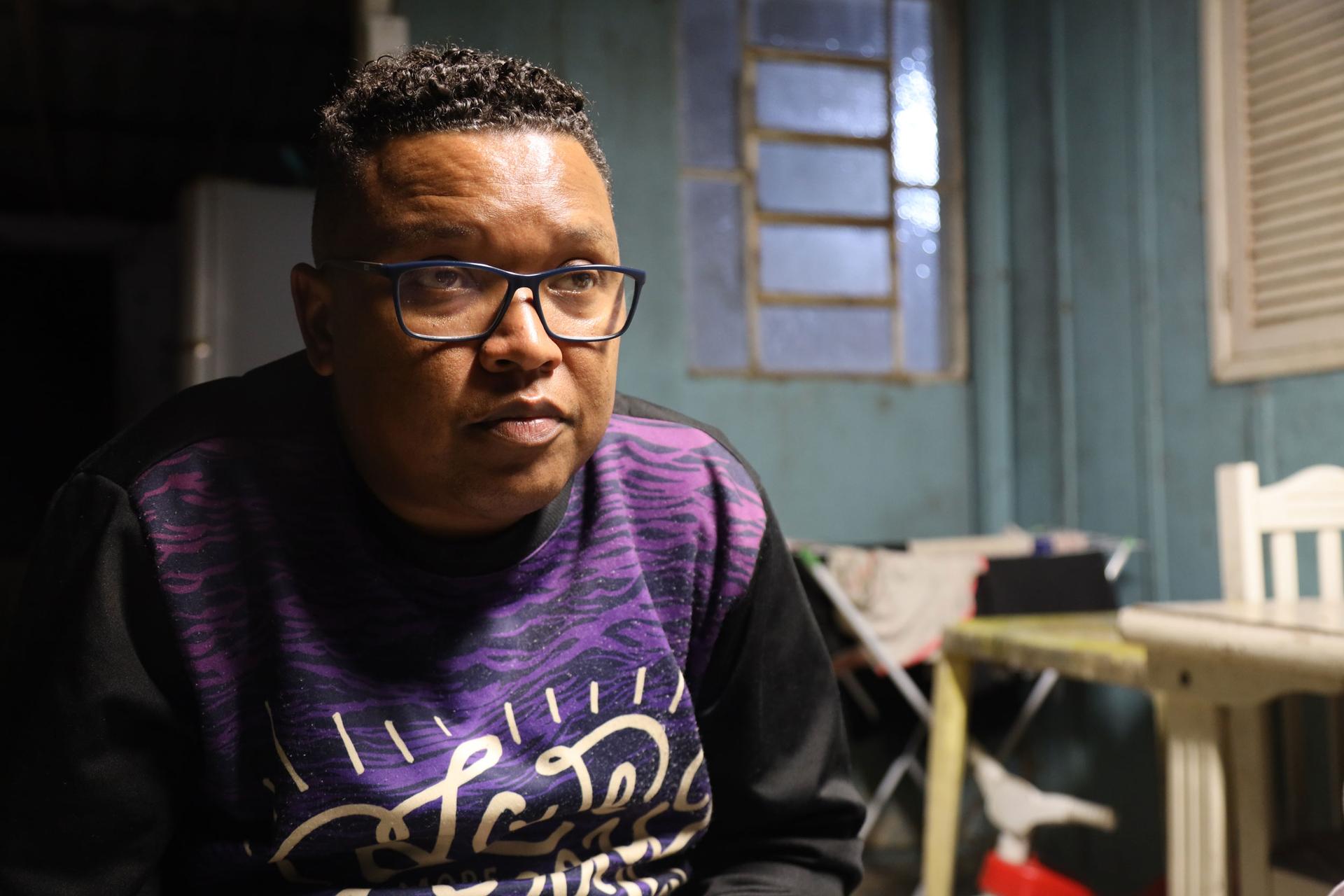
With support from allies, activists and other quilombo members in the city, they resisted the attempted eviction for two months. But their water and electricity were cut off. And many families were forced to leave.
Developers and some city planners see the quilombos as obstructing the progress of the city.
“What is the use of an urban quilombo?” askedSandra Axelrud Saffer, a vice-president of the state chapter of the Union of Civil Construction Industries, who sat for many years on the advisory commission to the city’s master plan.
“A quilombo is essentially a group of people living in shacks, wedged into the city,” she said. “Let’s find housing for these people, access to education, access to public services and these people can integrate as they like.
Cláudia Luiza Pires, a geography professor at the Federal University of Rio Grande do Sul, who has worked with local quilombos to help map their territories — said at the root of these conflicts is institutional racism and the type of development being pushed by the city.
“They are focused on catering to the construction of privileged spaces like shopping malls or big towers that are frequented by people with a lot of purchasing power,” she said. “The idea is that this is development. That this is progress.”
“The country’s Indigenous and Quilombo peoples are seen as ‘behind’ but in reality, they have much to teach us,” she said.
Quilombo residents say their communities and their land, like that of Indigenous territories, are interwoven into their culture and history.
And quilombos recently received a lift.
In July, Brazil’s Statistics Institutereleased the results of its first-ever census of quilombo residents. The census revealed that there were more than 1.3 million quilombo members across the country. That data will likely impact public policies for housing, education, health and infrastructure.
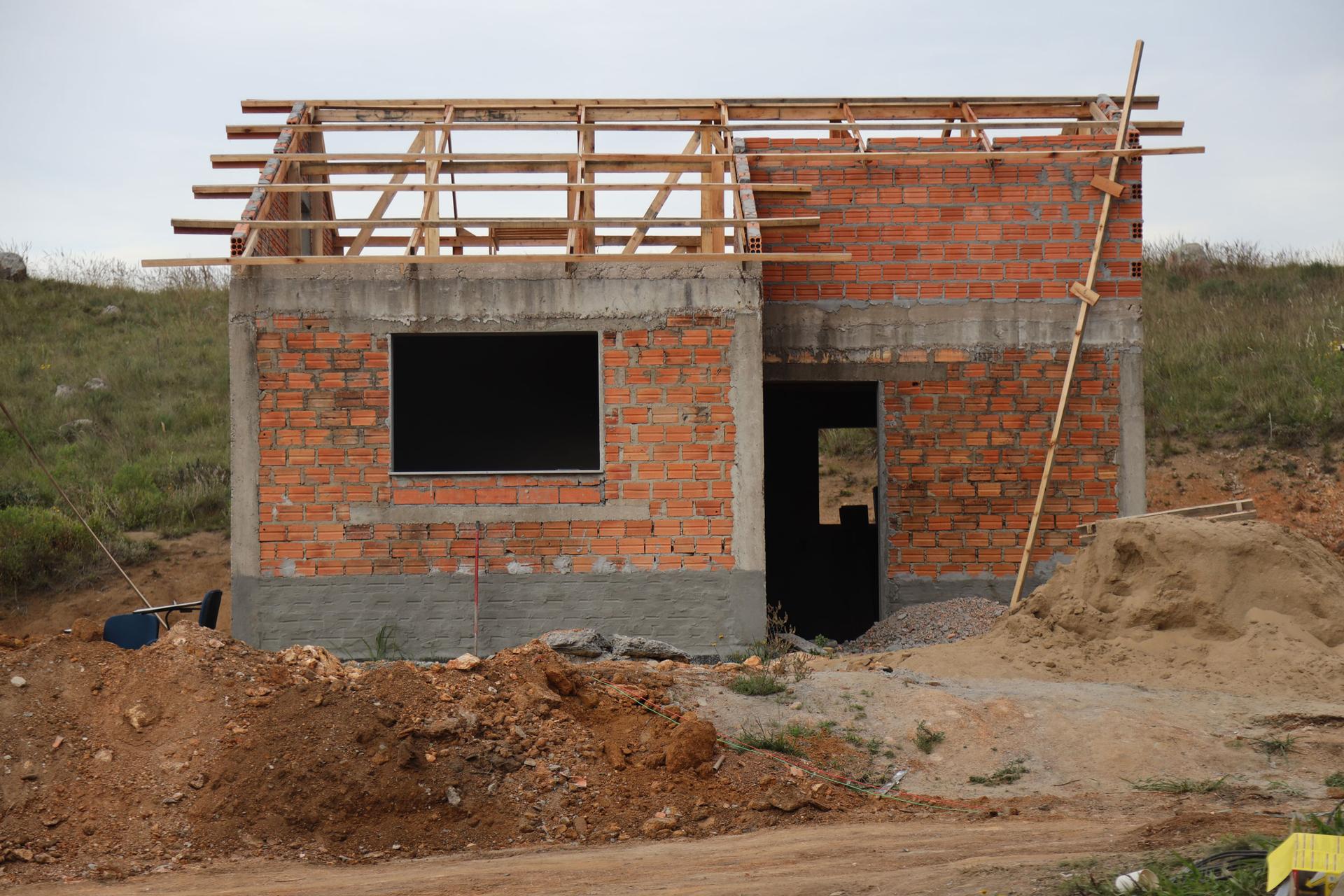
“We are part of the story of the Brazilian people that the history books don’t tell,” said Denildo Rodrigues de Moraes, the director of Brazil’sNational Organization of Rural Black Quilombo Communities.
“This census is the beginning, but we need everyone who sympathizes with the quilombo struggle to help us defend the quilombo people’s right to our territory.”
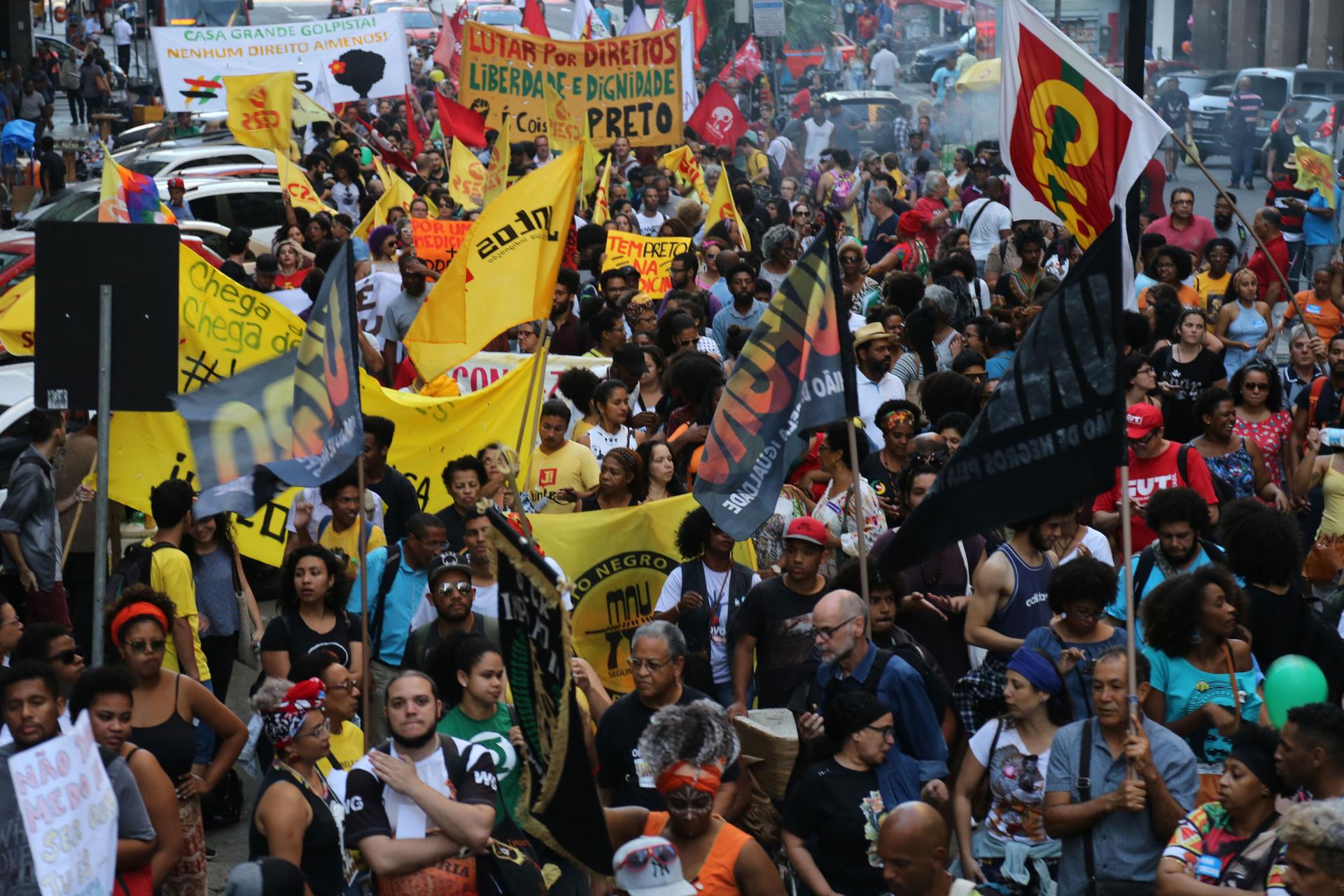
There is still a long way to go.
The government bodies tasked with recognizing and titling quilombos were gutted during the previous government of Jair Bolsonaro. They are slowly being reinstated.
In the meantime, quilombo communities continue to face threats. And also continue to resist.
Our coverage reaches millions each week, but only a small fraction of listeners contribute to sustain our program. We still need 224 more people to donate $100 or $10/monthly to unlock our $67,000 match. Will you help us get there today?
